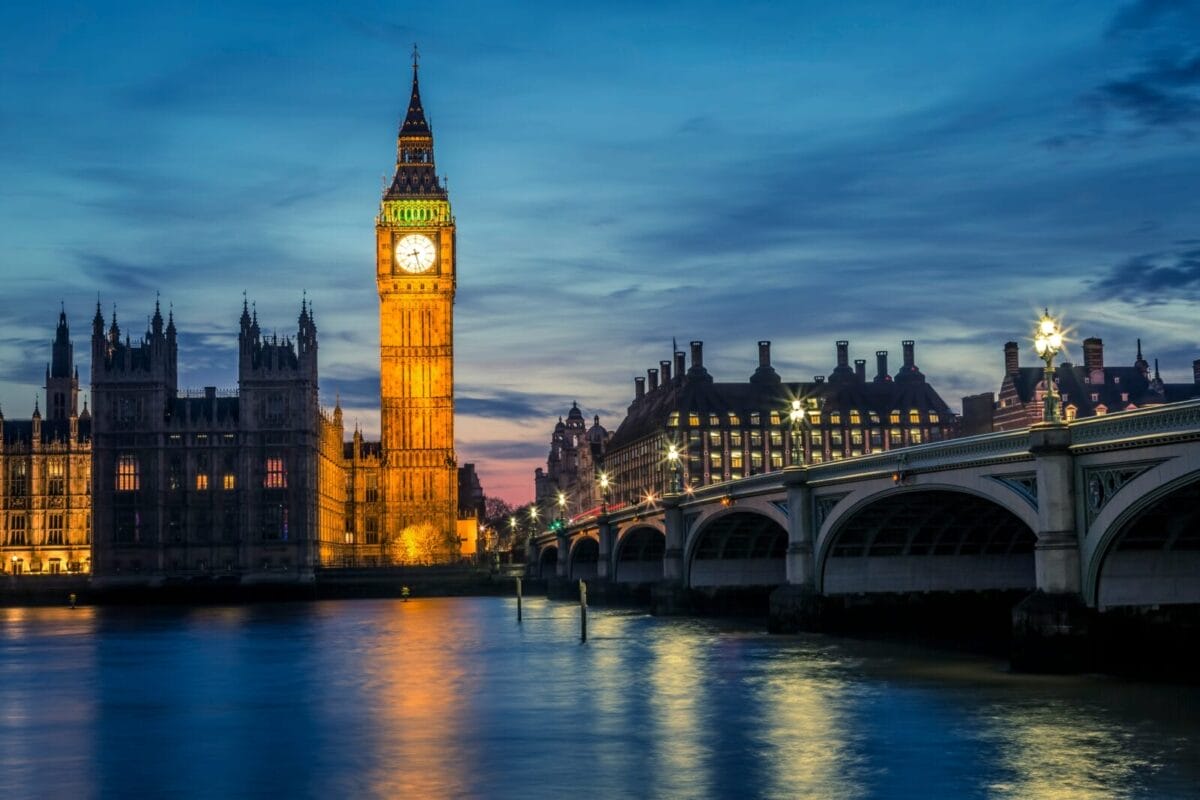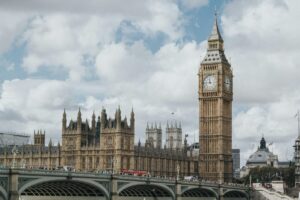Written by Des Hanna, International Tax Director at Andersen LLP
Since the start of the new tax year, the UK population now suffers one of the highest tax burdens since the end of the Second World War.
The Conservative government still grapples with trying to balance the books and get the country’s burgeoning debt under control and sees taxes as the primary way of achieving its aims.
The furlough scheme (including the unrecoverable £16 billion amount of fraud) and general cost of the pandemic still weighs heavy on the UK (and let’s be honest – most of the countries around the world) and the current Conservative government (and the possible future Labour government) will need to devise cutting-edge tax policy ideas to raise much needed revenue, whilst keeping productivity high and the majority of the electorate on board.
Tax policy (together with the NHS) has been the main battleground for many a general election and the next election will be no different, the Labour party is already threatening a raft of tax changes so “that the broadest shoulders bear the greatest burden”.
Tax policy should have the effect of maximising the tax take while minimising the damage to the tax base, or in other words, as Louis XIV’s Finance minister, Jean-Baptiste Colbert, famously declared: “the art of taxation consists in so plucking the goose as to obtain the largest possible amount of feathers with the smallest possible amount of hissing.”
Murmurings of the introduction of a “wealth tax” have been reported by financial journalists throughout the great halls and corridors of Parliament. It is an easy sell for Labour, but they cautiously won’t commit to any tax changes yet, as the political landscape in the UK appears to be changing daily. The Conservatives on the other hand (the party of low taxation) have repeatedly said they have no plans to introduce a wealth tax, but realistically now, surely nothing is off the table.
Interestingly, there were two recent articles in the Guardian and the Telegraph (representing the left and the right of the political spectrum respectively), on how Norway’s wealth tax seems to be having the effect of encouraging the country’s wealthiest individuals to leave Norway and take up residence in other low tax countries: mainly Switzerland.
Currently, there are four countries in the world – three of which are in Europe – that levy a wealth tax: Norway, Spain, and Switzerland (although Switzerland offers so many other tax incentives that the wealth tax is insignificant).
In 1990 there were 12 countries with a wealth tax, but due to a fear of wealth flight, eight countries have since repealed it.
In Norway, an individual with worldwide wealth of NKR 1.7m (approximately £130k) is taxed at 1% above this threshold; this rises to 1.1% where an individual has over NKR 20M (approximately £1.5m). However, Norway’s wealthiest people are leaving; of that there is no doubt – and it is because of the wealth tax.
It is interesting to note that Norway has a progressive tax system – similar, but rather more complicated than the UK’s tax system. However, the overall tax burden in Norway is broadly similar to that in the UK. It seems that wealthy individuals will accept high taxation to a certain level, but the payment of a wealth tax seems to tip the balance for many. According to The Telegraph, 50 ultra-high net worth individuals have left Norway over the past year, mainly relocating to Switzerland. More are expected to leave in the coming years if the tax remains in
place. However, according to the OECD only about 1% of Norway’s tax take comes from the wealth tax.
Culturally, Norway has a reputation for aspiring to a social responsibility to pay high taxes which they believe creates a stronger and fairer social security regime; but it does seem that despite some people being truly altruistic, when the overall burden of tax increases, a wealth tax does weigh heavily over time.
The OECD has warned that wealth taxes disincentivise entrepreneurship; the risk takers who create the wealth prioritise investment and ultimately create the labour market from which the widest tax base is formed. Tax these wealth creators beyond that which is justified and the motivation to invest subsides, and so does the tax base, or they just take their money to a more friendly jurisdiction.
Ultimately, there comes a point when residents of a country will feel as if they are being taxed beyond the point of fairness. An individual earning £125k in the UK now pays a 60% tax rate on the £25k over £100k. This means that on that £25k an individual will pay £15k in tax and will therefore be left with £10k.
It can’t be denied that the wealth creators and entrepreneurs create the jobs which the UK relies on for tax receipts. Instead of disincentivising these people with a higher tax burden, the UK government should be looking at policies which bring more entrepreneurs into the UK. The introduction of a wealth tax (and abolishing the non-dom regime) will do little to incentivise people.
The constant tinkering and watering down of the remittance basis of taxation applicable to non-doms is also a major reason why most Norwegians are choosing Switzerland over the UK. The politicisation of non-doms has gone too far, yet the Conservatives haven’t the courage to show their support for this policy. Many countries across Europe – including Portugal, Spain, Malta and Cyprus – have introduced tax policies (similar to the UK non-dom rules) to attract wealthy individuals who want to leave high tax countries. Yet again, the UK’s tax policy is doing the opposite and over the long term, this will result in lowering the tax base.
There is a common misconception that if you increase the tax rates, then you will increase the amount of tax revenues. That may work for a while, but ultimately the tax base will shrink and so will tax revenues.
A wealth tax is a temporary solution with a lasting negative effect on the economy, which Norway, to its detriment, is beginning to realise.
UK beware!














